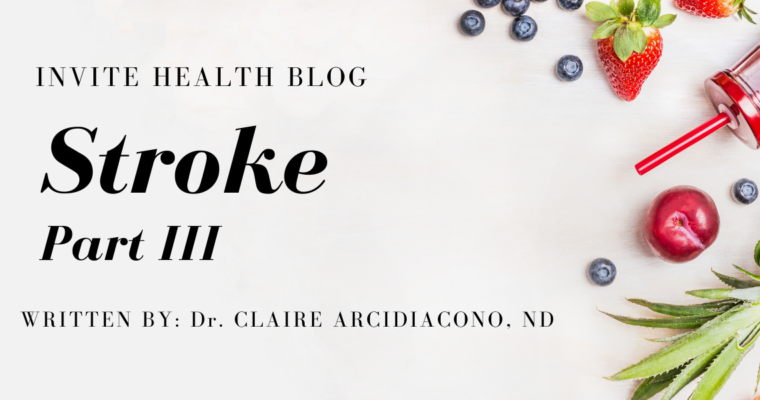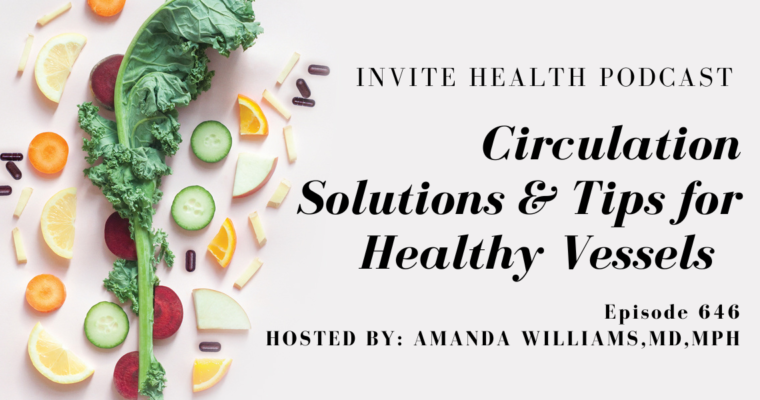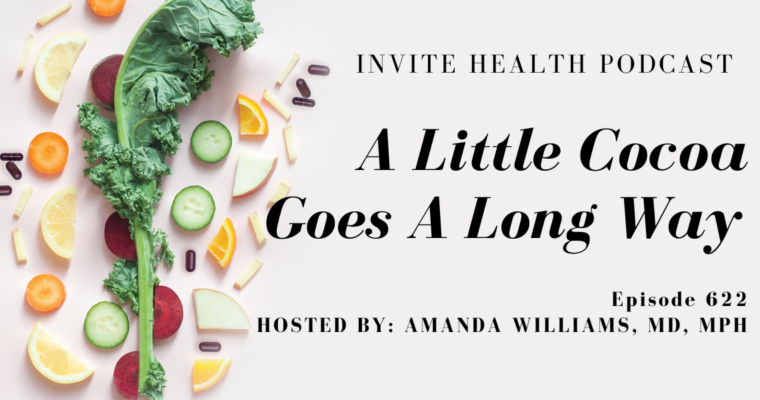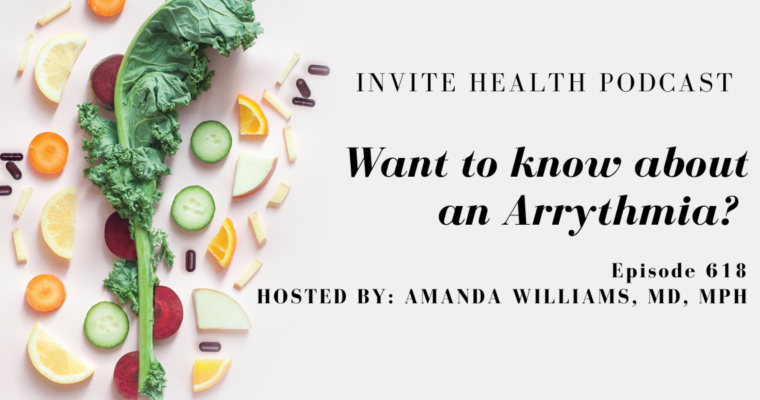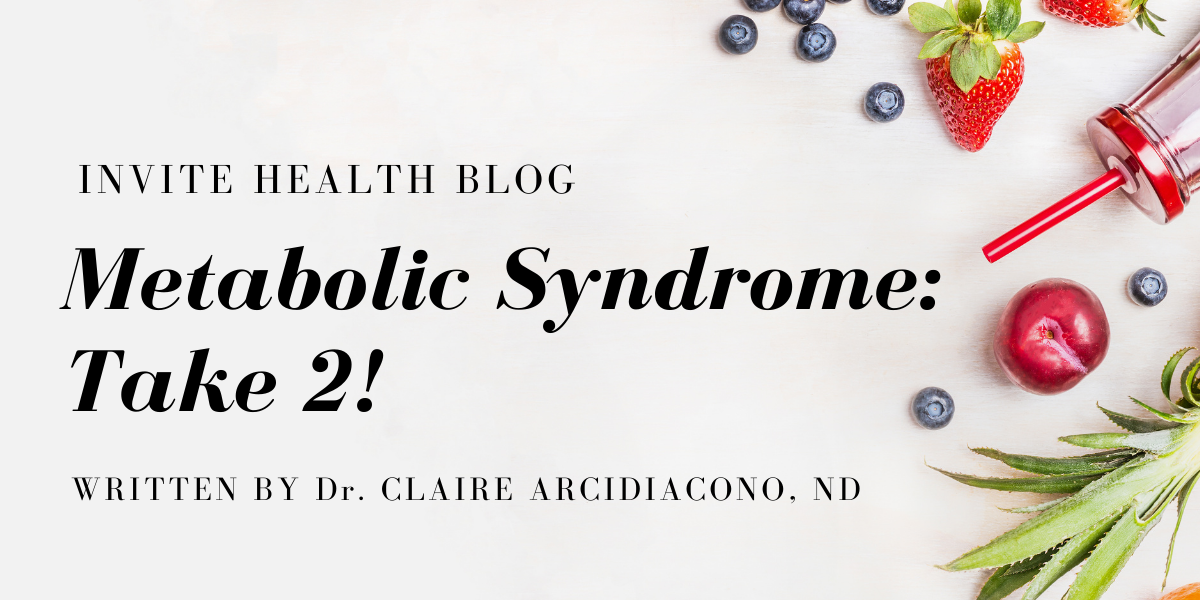Subscribe Today!
Please see below for a complete transcript of this episode.
HELPFUL TIPS FOR HEALTHY BLOOD PRESSURE, INVITE HEALTH PODCAST, EPISODE 643
Hosted by Amanda Williams, MD, MPH

*Intro Music*
InViteⓇ Health Podcast Intro: [00:00:04] Welcome to the InViteⓇ Health Podcast, where our degreed health care professionals are excited to offer you the most important health and wellness information you need to make informed choices about your health. You can learn more about the products discussed in each of these episodes and all that Invite Health has to offer at, www.invitehealth.com/podcast. First time customers can use promo code podcast at checkout for an additional 15% off your first purchase. Let’s get started. † [00:00:34]
*Intro Music*
Amanda Williams MD, MPH: [00:00:40] We know that when it comes to hypertension, this is a big problem for so many folks and it’s usually not until someone experiences incredibly high blood pressure that they will go into their doctor, go into urgent care and are told, yeah, you’ve got hypertension, and usually the first line of defense is to get you on a blood pressure medication, which unfortunately then usually leads to the addition of other blood pressure medications. It’s a rare thing that I see someone who’s just taking one high blood pressure medication. It’s usually 2 to 3, if not even more than that, which is why I want to zero in on just a couple of tips when it comes to regulation of blood pressure in a healthy way. I’m Dr. Amanda Williams, scientific director at Invite Health. You know, you always have to look at the root cause. Why is it that the blood pressure itself is so high? You know, is it an issue when it comes to stress? Is it a problem with diet? Is there a problem with, you know, sleep? You know, sleep apnea is a very common cause for hypertension. Is it, you know, I said just lifestyle? Are you not getting an adequate exercise? Are you overweight? We can look at a lot of different factors that can lead into this, and as you can see, so many of these are modifiable factors, you know, if you’re overweight. If you’re not getting right sleep, if you’re not eating the right foods, if you’re not exercising. I mean, clearly, these are things that we have in control of, and this is a better alternative is to work on those lifestyle modifications as opposed to being on multiple medications to regulate your blood pressure. Because as we know, so many of those drugs come with secondary side effects and they can lower your CoQ10 level, which we know that the beta blockers do, for example. That can be very problematic to your sleep cycle, to your energy levels. So, you just don’t even want to go down that road if you don’t need to. Now, there are times where, you know, maybe you’re doing everything right, you’re exercising, you’re eating right and you’re still experiencing issues with hypertension, then, you know, certainly it can be warranted that those medications would be needed. But I always say you always want to try to look at those modifications that you can control, because that’s going to be a much more significant impact for you. But clearly, we can see that when it comes to hypertension, these impacts so many individuals, and this is why, you know, we really need to take better control over what we are doing every single day because we know that hypertension is kind of that precursor to further destruction of the cardiovascular system leading to heart disease. So, looking at hypertension and the co-morbid conditions that go along with that diabetes, kidney disease, for example, we know are definitely factors that have to be considered. So, some of the diabetic, you know, having good control over your blood sugar is going to take you a lot further when it comes to regulating your blood pressure. So, everything is inter-related and to test your blood pressure at home. † [00:04:08]
[00:04:09] More and more research continue to come out to impress upon the fact that the better you do at testing your blood pressure at home, the better control you will actually have over your blood pressure. Everybody’s heard of white coat hypertension, which is when your blood pressure goes higher than it normally would be in the setting of a hospital or you’re at your doctor’s. office, and because of that stress or anxiety, the blood pressure can be higher than you normally are. Well, that’s a problem because if your blood pressure is usually, you know, running fairly stable. But you go to your doctor and the blood pressure is really high, they could end up putting you on a medication that perhaps you don’t need. So the more that you are consistent with testing your blood pressure at home, the less likely you’re going to experience those issues of white coat hypertension outside of your home, but many people, I mean, they get white coat hypertension in their own home. I’ve worked with so many people who have hypertension, and as I say, you know, do test your blood pressure home. Oh, no, I don’t like to, I don’t like to do that. I don’t,I don’t want to know. I get nervous and it’s like, well, you need to you know, you need to start to train the brain that, you know, okay, at this time of the day, I’m going to test my blood pressure. And then you keep a log of that and you’ll start to see a steadying of your blood pressure. The more consistent you are with testing your blood pressure at home, so, that is, you know, hands down, if you do have hypertension, you need to be testing your blood pressure at home at least two times a day. If you don’t have high blood pressure, you should still, you know, monitor your pressure check, test your pressure after you’re incredibly stressed out. You know, maybe you just had a really bad commute home. Check your blood pressure when you get home and see the impact, because the more you know about how your body is responding to stressful situations, the better off you can do with managing that, so it’s really key. † [00:06:04]
ICYMI: POWER UP YOUR HEART WITH GRAPE SEED EXTRACT, INVITE HEALTH PODCAST, EPISODE 641>>LISTEN NOW
[00:06:05] Now we think about the basic nutrients when it comes to cardiovascular function. Clearly, we know things such as coenzyme Q10, omega three fatty acids, fish oil, krill, oil, certainly very impactful. Key minerals, magnesium in particular, we know is kind of that, number one, go to mineral for those who deal with blood pressure or are looking to help to better regulate their blood pressure, because we know that it helps with the endothelial function, it helps that vasodilation. Then we can look at amino acids and understanding how taurine, for example, does a wonderful job for not only helping to regulate the excitable tissue cells within the heart and the vascular system, but it also actually works as an antioxidant as well, which is key because we never want damage done from free radicals within the heart muscles or within the vascular system. So, the Cardio Hx, this contains the taurine, the magnesium plus as one added nutrient, which is hawthorn extract. Hawthorn extract to this day is still used in many European countries for supporting healthy heart rhythm. Hawthorn has a finite ability to help the cardiac contractility, so the way that the heart muscles contract or pump and if your heart is trying to work too hard, that’s a problem because then it can get enlarged. No one ever wants to have an enlarged heart or an enlarged left ventricle, for example. So, we can recognize how Hawthorn Extract, this powerful extract, which has so many wonderful antioxidant properties to it, really works as what they consider to be a cardio tonic. So, it helps with that contractility taking much of that workload off the heart. Which is why, as I mentioned, it’s still prescribed as a treatment for even heart failure in many European countries. Because you think about heart failure, what’s happening, the heart is really struggling to effectively pump. So, Hawthorn extract as in the Cardio Hx, such a wonderful blend having the hawthorn, the taurine plus that magnesium which is why to this day it’s one of our most popular formulations because when people start to utilize this, they can see that difference. They can start to look at their blood pressure and see more optimal levels that are occurring. Now how do you take it? Generally speaking, this is when you would want to talk to one of the Invite nutritionists based off of what your particular health concerns are. Are you already on a high blood pressure medication? All of these factors come into play. For many folks, they’ll find that taking two caps or two tabs in the morning and then two tabs later in the afternoon or just around dinner time is going to be the most supportive. But each person’s different in terms of how your blood pressure fluctuates throughout the day, which is why it’s so key to test your blood pressure at home. So, the Cardio Hx, having that magnesium, which has been shown how most Americans are deficient in magnesium. So, getting the magnesium from this formulation is kind of that first step to creating that balance. So now the vascular system has access to that magnesium to better regulate the vasodilation that allows for the relaxation of the muscles of the blood vessels, which is key. But it also does a wonderful job for the electrical conduction system of the heart. So, even when you think about heart irregular rhythms or arrhythmias, oftentimes the lack of magnesium that’s available to the cardiovascular system can lead to an abnormal heart rhythm. So, through the use of Cardio Hx, having that taurine which we know taurine is very specific to excitable tissues. What’s a very excitable tissue? Your heart. Along with that magnesium can do a wonderful job when it comes to the rhythmic support of the heart. So, it’s a wonderful, wonderful formulation. † [00:10:39]
[00:10:40] And like I said, it’s always best to speak with one of the Invite nutritionists, so, you have the best information as to how you should use this formulation, when you should be taking it, how many you need to be taking throughout the day. All of these things really can make a big difference, just through lifestyle modifications, stress management, sleeping better, of course, adherence to a Mediterranean style way of eating, incorporating in powerful nutrients such as the Cardio Hx, with that blend of the taurine, that incredibly heart important amino acid combined with that. magnesium, the mineral of the heart and that hawthorn extract, and of course, monitoring your blood pressure at home will lead to better blood pressure regulation. So, there are so many other things I can talk about on the topic of high blood pressure and management of high blood pressure. But that’s all I wanted to cover for today. And I want to thank you so much for tuning in to the InViteⓇ Health Podcast. Remember, you can find all of our episodes for free wherever you listen to podcasts or by visiting, invitehealth.com/podcast. Do make sure that you subscribe, and you leave us a review. You can follow us on Facebook, Twitter and Instagram at Invite Health. We will see you next time for another episode of the InViteⓇ Health Podcast. † [00:10:40]
*Exit Music*


